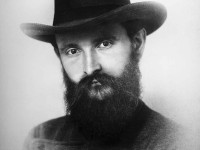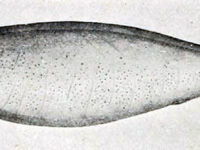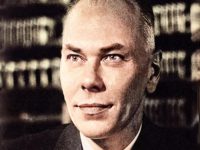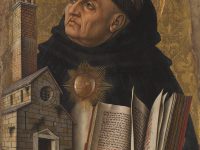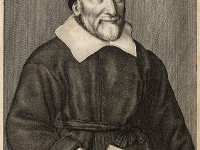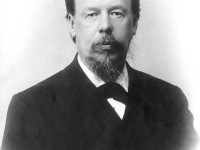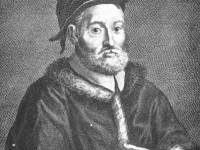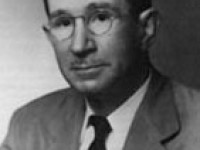Robert Bosch – Inventor for Life
On March 12 1942, Robert Bosch passed away. Robert Bosch was a German industrialist, engineer and inventor, and founder of Robert Bosch GmbH. “I do not pay good wages because I have a lot of money; I have a lot of money because I pay good wages.” — Robert Bosch Early Years Robert Bosch was born among twelve siblings on September 23, 1861 near the city of Ulm, Germany. His parents Servatius…
Read more

